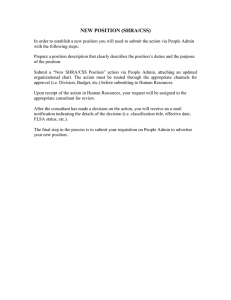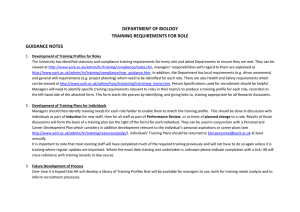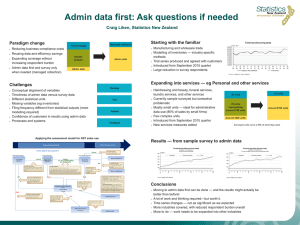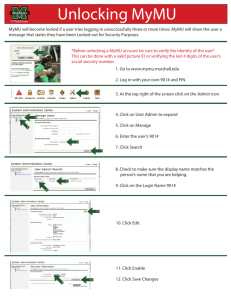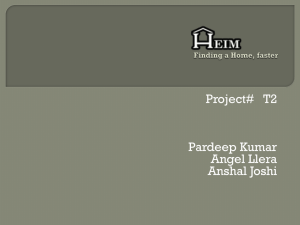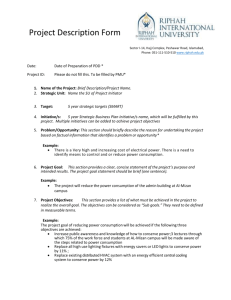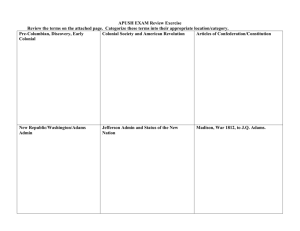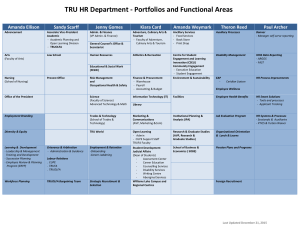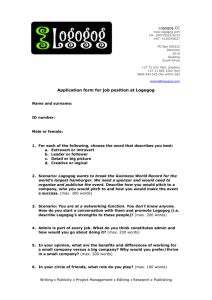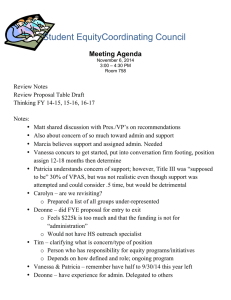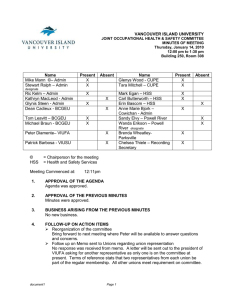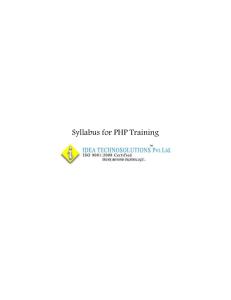N9CMS_Introduction
advertisement
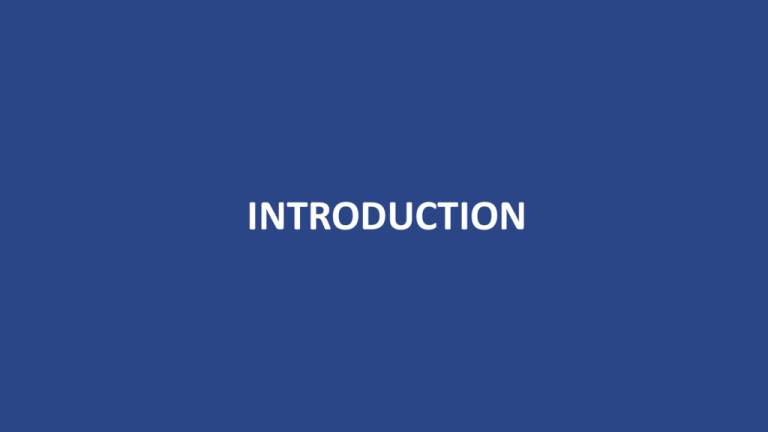
INTRODUCTION Objectives • Identify current constraints for N9 Marketing teams • Understand the relationship between content and digital channels • Identify the 4 key requirements for Adaptive Content • Understand key elements of Content Modeling • Review the onboarding process and deliverables Project Overview Key Milestones • Initial project kick-off on 06/13 Defined project scope and identified key objectives • A Regional working group formed Discovery meetings took place every two weeks • Development occurred iteratively Key development decisions were reviewed with the working group on a periodic basis • Enterprise rollout was initiated on 4/14 Current State – Silo’d Marketing Channels Admin 1 Admin 2 Admin 3 Admin 4 Admin 5 Email Broadcast Web Mobile Social Media Future Channels Multi Channel Content Governance webCentral Email Broadcast Web Mobile Social Media Future Channels “IT’S NOT WEB CONTENT, MOBILE CONTENT, TABLET CONTENT, EMAIL CONTENT, SOCIAL CONTENT, OR EVEN PRINT CONTENT. IT’S JUST YOUR CONTENT.” Adaptive Content Four requirements of Adaptive Content • Reusable content: Content that has been developed to maximize reuse across marketing channels • Structured content: Discrete content chunks can be combined in different ways for different channels • Presentation-independent content: Design decisions can be made by the platform, rather than having style and format imposed on the content. • Meaningful metadata: Tags, groups, and date information can be used to filter content Content Modeling Process by which undifferentiated blobs of content are organized into a system of: • Content types: What kind of content is it? Is it an event, dinning, fitness, CYP, Lodging etc.? • Attributes: what fields or content elements can or must be entered? • Limits: What limits are set on each attribute/field? Does the field require a specific numeric format, character limit, or date format? • Relationships: How are different content types connected? What attributes and data limits can be shared among different content types? TEMPLATES DEFINE HOW CONTENT IS PRESENTED FOR EACH CHANNEL Templates Images Main content Details Description Events Events Events ONBOARDING PROCESS Design & Development Process Training Sitemap & Wireframe Branding Development Template Development Phase 1: Training Phase 2: Discovery & Planning Phase 3: Artwork Phase 4: HTML/CSS & Mobile App Content Input (12-16 weeks) Wireframing Sitemap Deliverables • Visual design comps (Photoshop source files) • Responsive design templates (HTML 5/CSS 3) • Native iOS mobile application • Native Android mobile application • Web site • Web style guide QUESTIONS
